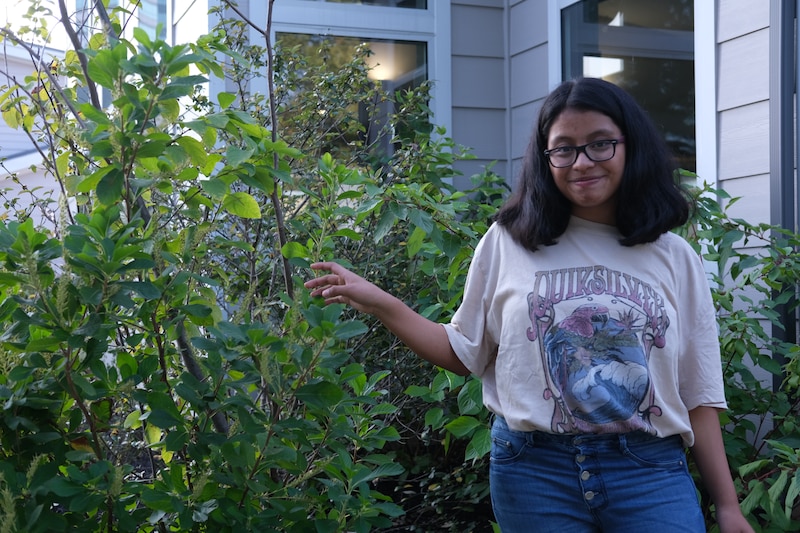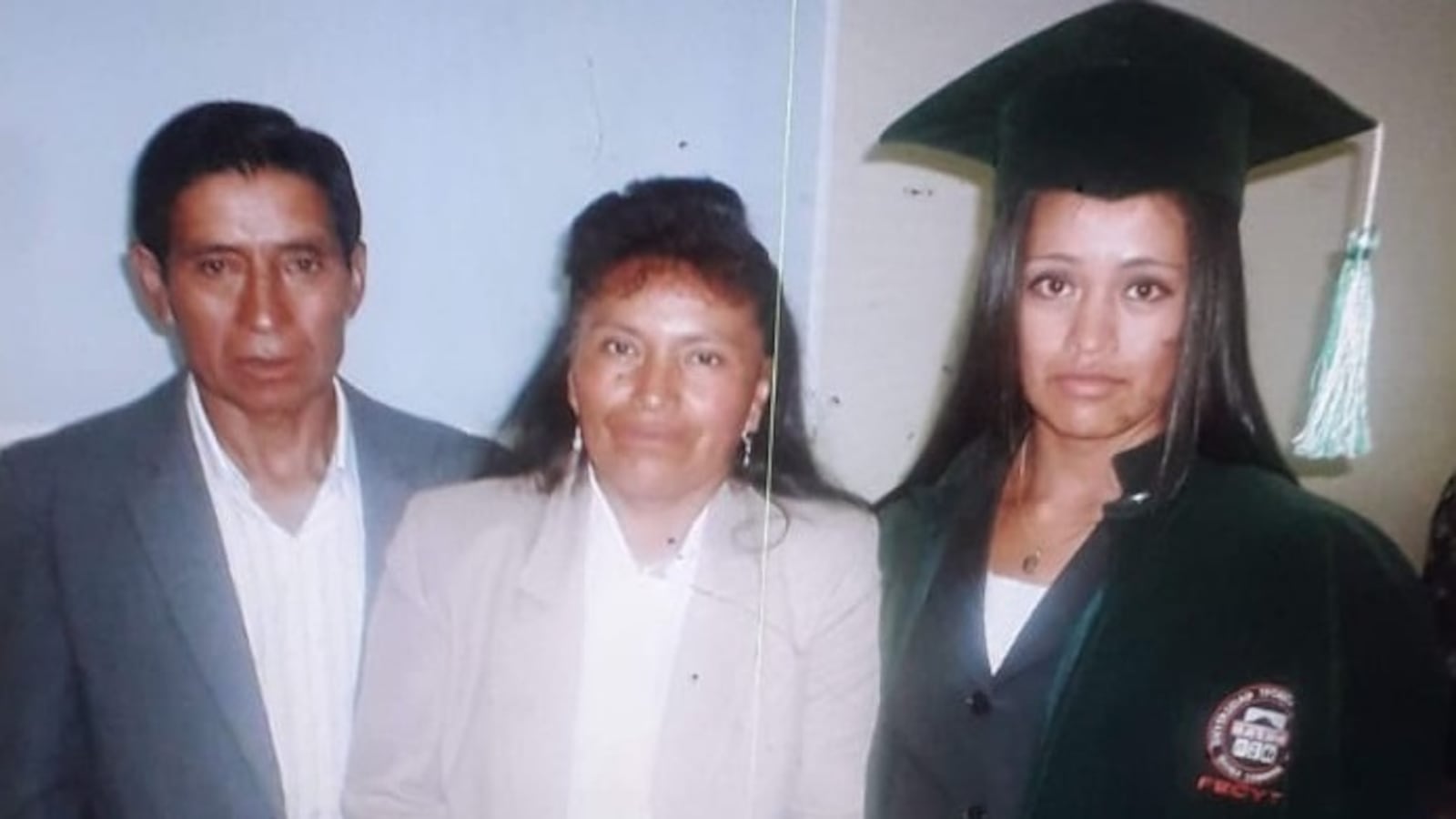“Estudia mucho mijita, si?” my grandma reminds me whenever I call her in Ecuador, her voice echoing through the speaker. She’s more than 3,000 miles away, but even from here, in Newark, New Jersey, I can hear the vendors shouting about their latest products as muffled music booms through the streets.
Make sure you study a lot, alright?

It’s a simple request and a common refrain across cultures and geography. For my maternal grandma, Maria Isabel, I know it comes from a place of wanting for me what she couldn’t have for herself: education, independence, and professional opportunities. When she was growing up, her favorite subject was history, and she kept a notebook in which she would draw historical figures, decorations, and flags of different countries.
Although she dreamed of finishing high school and doing humanitarian work, she had to leave school and start working when she was 12 to support her family. A marriage was arranged for her when she was just 16. That was the reality for many young girls in Ecuador, especially for those with limited resources.
She wanted more for her children.
But when my mom was 16, she, too, dropped out of school and went to work. She resented having to cover up her broken shoes with white paint because her family couldn’t afford new ones. Seeking independence, she left only to return a year later, after my grandmother convinced her to finish high school. She did, and then she worked her way through college while also raising a young daughter — that’s me.
Then when I was 11, she moved us to the U.S., and we settled in Newark. Even before she spoke conversational English, she enrolled in college, determined to take advantage of the opportunities a country like the U.S. had to offer. As an immigrant, she battled language barriers and the impatience of people who assumed that her broken English meant she wasn’t smart. My mom proved them wrong every time. She will graduate with honors later this month.
At 16, I am the same age my grandmother was when she was forced to marry and the same age my mom was when she left school. Often, I think about how different my life is from theirs. In two generations, so much has changed: where we live, the languages we speak outside the home, and the norms around women’s achievement.
In Ecuador, opportunities and good jobs are more scarce. Age overrides wisdom, so youth aren’t encouraged to speak up the way they are in America. It has made me realize how lucky I am to live in a country with spaces and programs that empower young people.
That’s why I decided to enroll next year in my school’s International Baccalaureate program, renowned for its rigorous curriculum. Taking this step has me reflecting on my grandmother and my mother, the women who made it possible for me to receive a world-class education.
At 16, I am the same age my grandmother was when she was forced to marry and the same age my mom was when she left school.
Though my gratitude is immense, it comes with the silent pressure to succeed and an unwavering need for achievement. With a path to pursue my dreams beyond what I once thought was possible, it’s up to me to embrace this new community and ensure my journey is one I won’t regret living.
My mom and grandma are the ones that endured the raw reality of a rigid society and have still managed to champion their lives. Their stories are ones of sacrifice, but their sacrifices aren’t the only things that make their stories extraordinary. Their lives are also defined by hope and perseverance. For instance, my grandmother, now 54, is making up for the things she didn’t get to live as a young girl, like taking knitting classes, dancing, singing, and going out with her friends. My mother, meanwhile, is building a small business of her own and plans to pursue her master’s degree in accounting. Their lives are still messy, complicated and very much affected by our circumstances, but they have always managed to persevere.
So when my grandmother, on the other end of the line, says, “Estudia mucho mijita, si?” a million thoughts cross my mind as I know how much that simple request means to her and to us.
“Alright, I will,” I tell her.
It’s not enough to express my gratitude for the path they have forged for me, but in that moment, it seems just right.
Karen Otavalo is a high school sophomore who adores drawing and writing in her free time. This fall, she’ll enroll in the IB program and will be in the global politics track. She works as a Youth Advisor at National Crittenton and is a Chalkbeat Student Voices Fellow in Newark. In the future, she hopes to help underserved communities through creativity and literacy.


